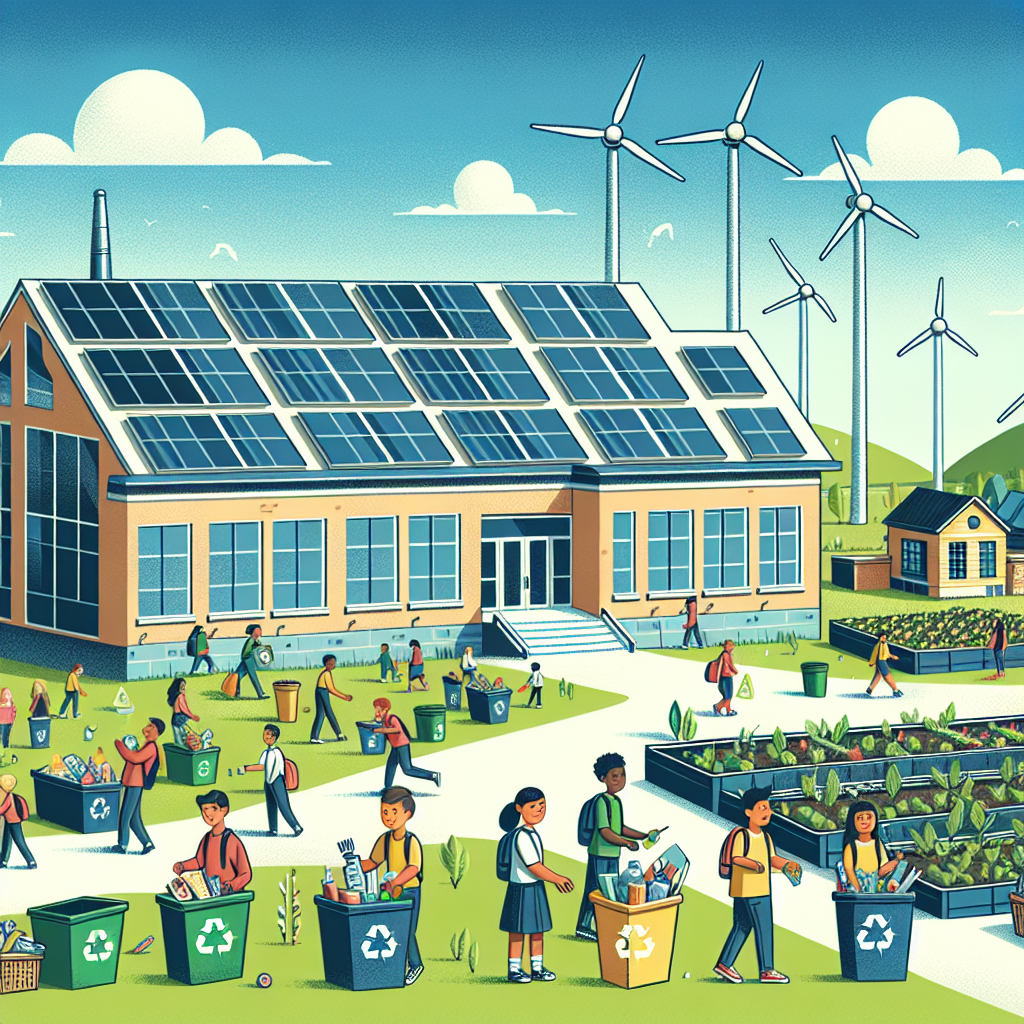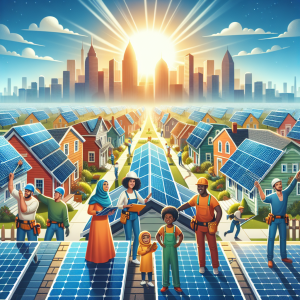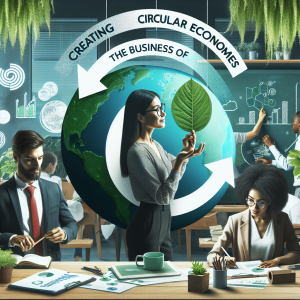Navigating Off-Grid Legalities and Regulations
Navigating the legal landscape of living off-grid presents a series of challenges and opportunities for those seeking independence from traditional utilities and infrastructures. Understanding local, state, and federal regulations is crucial for ensuring compliance and avoiding potential legal pitfalls. This exploration provides a detailed look at various aspects one should consider when transitioning to or sustaining an off-grid lifestyle.
The first step in navigating off-grid legalities involves understanding zoning laws and codes, which vary significantly depending on your location. Zoning laws are local or municipal regulations that dictate how land in certain areas can be used. They often separate residential areas from commercial or industrial ones and can dictate the types of structures allowed. For off-grid living, it’s crucial to verify whether your intended area permits alternative housing solutions such as tiny homes, yurts, or earthships. Furthermore, it’s important to confirm restrictions on building size, height, or aesthetic qualities that might affect how you design your off-grid dwelling.
Water rights and access present another significant consideration for off-grid residents. Water rights laws dictate the use and ownership of water sources. In many areas, these laws can be complex, often granting rights to downstream users even if a water source originates on your property. It is essential to research state-specific water laws to understand whether you can legally collect rainwater, drill a well, or use natural water sources. States like Colorado and Utah, for example, have historically had stringent rainwater harvesting regulations, although some legislation now provides more leniency under specific conditions.
Off-grid energy solutions often involve the use of solar, wind, or hydroelectric power. While renewable energy can lead to greater self-sufficiency, installing and utilizing such systems requires compliance with building and electrical codes. These codes ensure safe installation and operation but can limit the type and scale of alternative energy systems. In some areas, utility companies may have the authority to restrict the disconnecting of traditional utilities. Where allowed, transitioning entirely to self-generated energy must meet safety standards set forth by the National Electrical Code (NEC) or local equivalents.
Sanitation and waste management are integral components of the off-grid lifestyle, with regulations mandating environmentally safe waste disposal solutions. Many jurisdictions have specific requirements for septic or composting toilet systems. Approval may be needed before installing these systems, often necessitating soil tests or other assessments to ensure public health is not compromised. Composting toilets can be an attractive off-grid option, but their legality may be restricted. It is vital to investigate regional health department requirements and acquire any necessary permits.
Building codes pose another critical legal hurdle. These codes dictate safety and construction standards for residential properties and can vary by area. For off-grid dwellings, many aspects, including structural integrity, insulation, fire safety, and even the distance from other structures, can be regulated. Some regions offer allowances or exemptions for alternative construction practices; others may rigorously impose traditional standards. Thus, researching local building codes and securing essential permits is a proactive measure for off-grid enthusiasts.
Permitting processes can seem cumbersome but serve as a protective measure for both the individual and the community. Permits for water use systems, waste disposal, and energy installations ensure that all systems are safely constructed and environmentally sustainable. Engaging with local zoning boards or city planners can provide clarity and guidance. It’s beneficial to maintain open communication with these entities and demonstrate a commitment to meeting legal standards, as this can foster goodwill and facilitate smoother approval processes.
One consideration not to overlook is the potential impact on real estate value and resale. Off-grid properties can appeal to niche buyers seeking sustainability, but limited access to urban amenities might deter others. Compliance with regulations provides assurance to potential future buyers that the property is legally sound. Moreover, retaining documentation of compliance with codes and permits is invaluable in substantiating the property’s marketability and value.
Tax implications also form a part of off-grid considerations. Some regions offer tax incentives for renewable energy installations, such as solar panels or wind turbines. Understanding federal and state incentives can yield significant savings. However, failure to comply with local regulations can result in fines or back taxes, compounding financial obligations.
Homesteading laws, which historically allowed individuals to claim ownership of public land through improvements, present another legal complexity. Although traditional homesteading in its original form is largely obsolete, some states offer variations or programs encouraging self-sustenance and agricultural development. These can provide frameworks for legally establishing an off-grid lifestyle, though they come with specific requirements and commitments.
The transition to or maintenance of an off-grid lifestyle necessitates diligent attention to legal considerations. Each state, and often county or municipality, will have its own set of rules regarding everything from land use to utilities and construction. Thorough research, engagement with local authorities, and professional consultations with land-use attorneys or zoning experts can equip prospective off-gridders with the necessary legal acumen. By respecting and adhering to these legal frameworks, off-grid living can become a fulfilling, sustainable, and legally sound endeavor.




